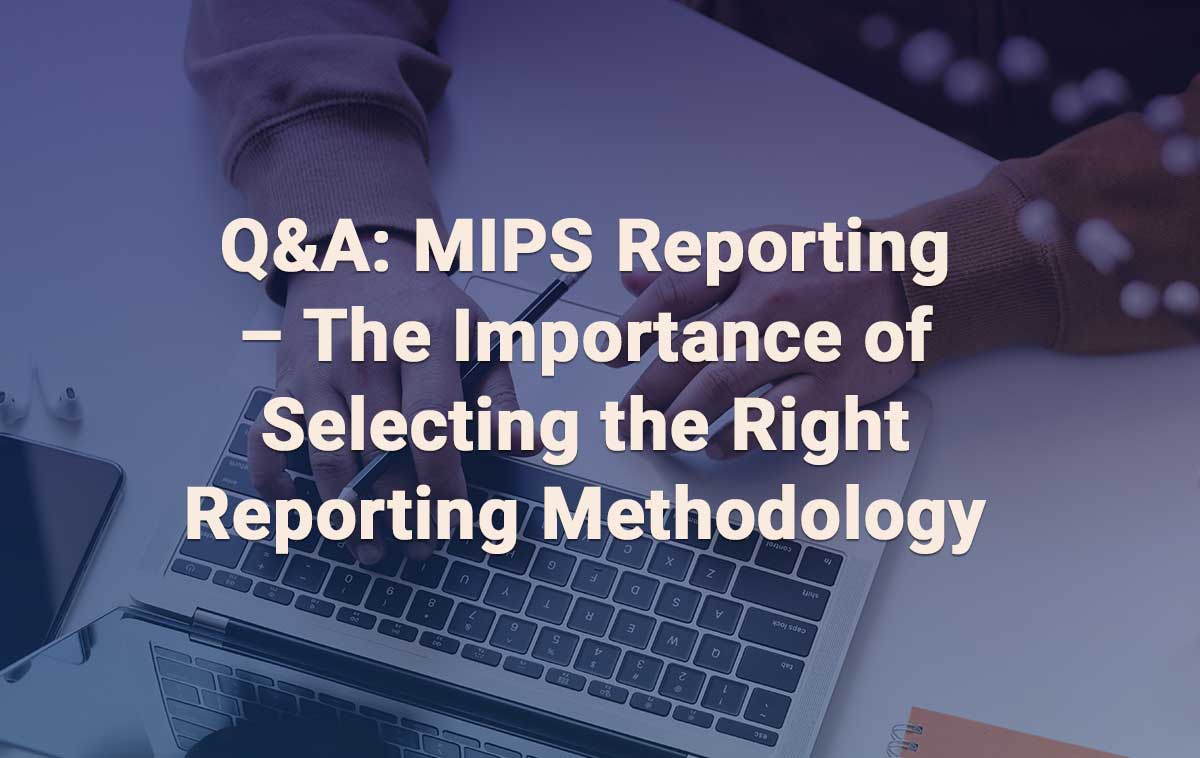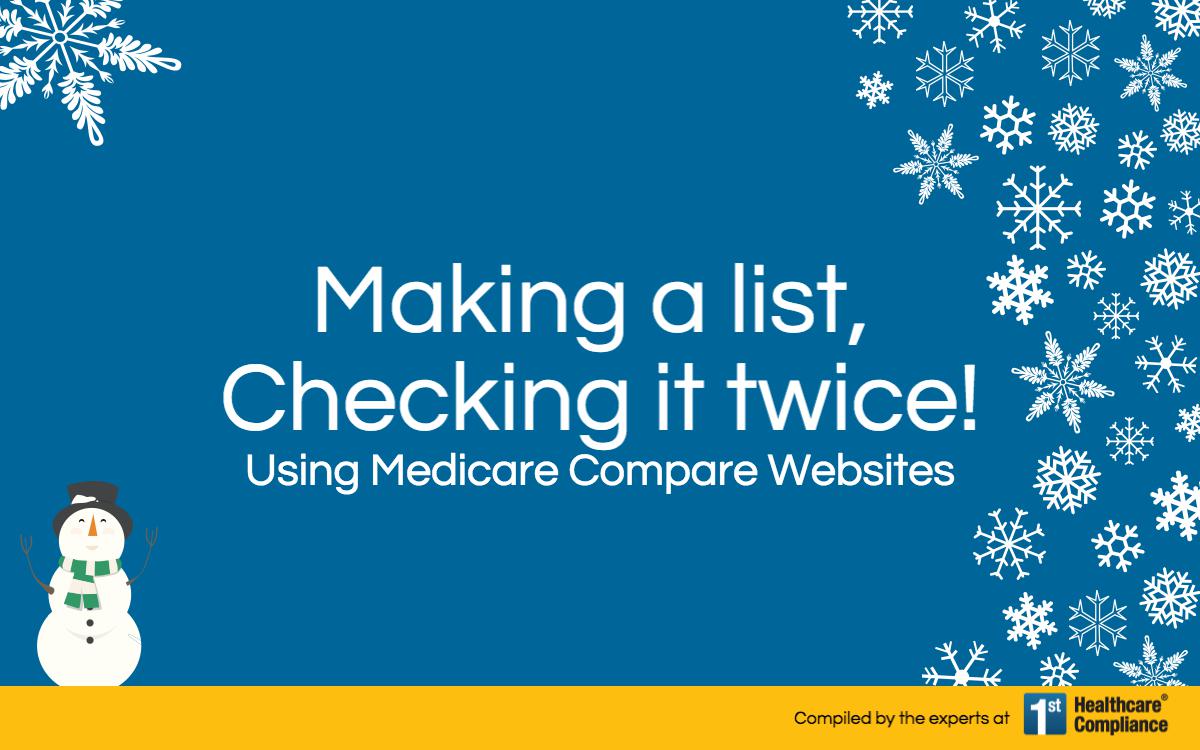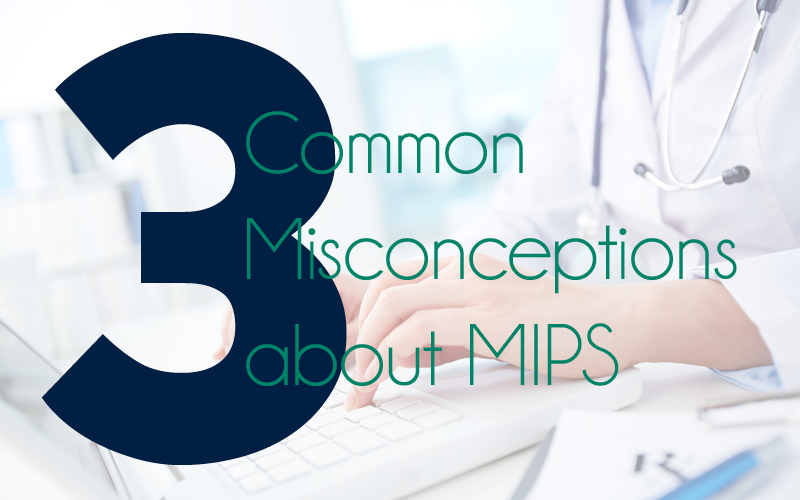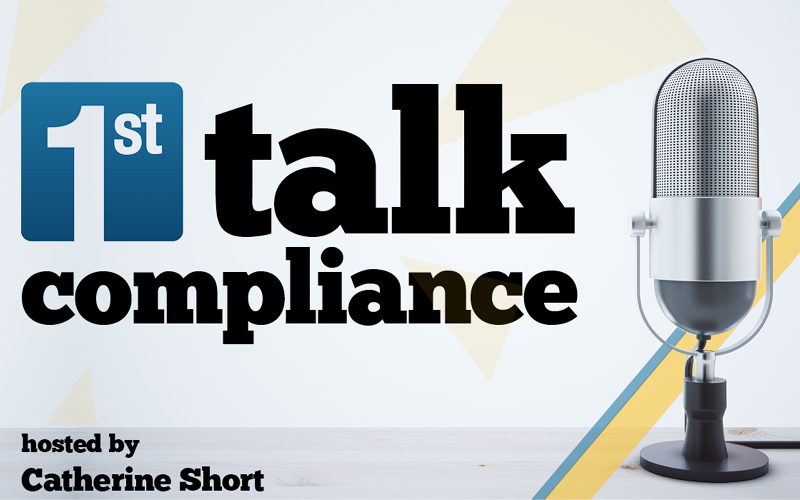Q&A: MIPS Reporting – The Importance of Selecting the Right Reporting Methodology

Sarah Reiter, MIPS expert, Vice President of Strategic Partnerships with Health eFilings presented the webinar “How to Manage the Challenges of MIPS Reporting” recently and a recording can now be found on our YouTube Channel. Sarah returned with this helpful blog on the importance of the correct reporting methodology as the year comes to a close.
2019 MIPS Reporting – The Importance of Selecting the Right Reporting Methodology
The Medicare Access and CHIP Reauthorization Act (MACRA) was signed into law on April 16, 2015 and is driving the transition in healthcare from a volume to value-based care model. CMS programs such as MIPS require providers to transition to a value-based care model or else face significant financial risks and even reputational harm. The stakes have been raised every year and it is even more complex than it has been in the past, further increasing the stress, burden and financial risk to providers. For a provider, it is critical to understand the impact that the reporting methodology has on one’s MIPS score and to choose the best methodology and reporting partner.
Within this new framework of the MIPS program all healthcare practices regardless of size or specialty must evolve their reporting approach to assure their financial viability. However, most do not understand, or have awareness of, the different reporting methods available to them. Many providers erroneously still think that a registry is the only reporting option available to them or that they are required to use a registry. Or, they think that their EHR covers their reporting obligation. This misperception and general lack of awareness of the other reporting methodology is detrimental to the financial interests of any practice. And, furthermore, for the 2019 Reporting Period it is likely the first time that traditional, legacy reporting systems (registry or EHR) may be unable to fulfill enough of the reporting criteria to avoid the minimum score penalty.
The other reporting methodology, known as a Certified EHR Technology or CEHRT, has emerged as the superior reporting methodology. Reporting through a CEHRT dramatically improves the efficiency and effectiveness of the MIPS reporting process especially when done using ONC certified software. Also a CEHRT utilizes eCQMs (electronic Clinical Quality Measures), which are a better way to optimize the points that can be earned. When the process utilizes ONC certified software and is therefore an end-to-end electronic solution, CMS awards significant bonus points toward the providers MIPS score.
Health eFilings’, a CEHRT, is an excellent choice for a reporting partner. The cloud-based ONC certified software fully automates the process and does all the work with no IT resources, administrative support and workflow changes. Health eFilings service is an end to end electronic solution that will save significant time, be a turn key submission process and maximize the financial upside for providers.
And, finally, an important and timely addendum: While the 2019 reporting period is quickly coming to a close, Health eFilings can support you with reporting for 2019 so that you will avoid the automatic 7% penalty for not complying. But, time is of the essence.

Sarah Reiter, MIPS expert, is the Vice President of Strategic Partnerships with Health eFilings, a MIPS reporting partner. Health eFilings is a national leader in MIPS compliance and data management. Health eFilings’ proprietary, cloud-based, ONC certified software is the most effective and efficient reporting methodology as it automatically extracts, formats, benchmarks and electronically submits quality measure data to CMS so providers avoid significant penalties and earn maximum reimbursements. You can reach Sarah at sreiter@healthefilings.com. Be sure to look up a recording of this webinar on YouTube and be on the lookout for Sarah on our radio program 1st Talk Compliance early next year. Take a look at our brand-new book: HIPAA Privacy and Security, and our online compliance training courses such as Diagnosis Coding – The Cost of One and Done, and MACRA – Medicare Access & Chip Reauthorization Act of 2015, and other articles on MIPS and MACRA.





